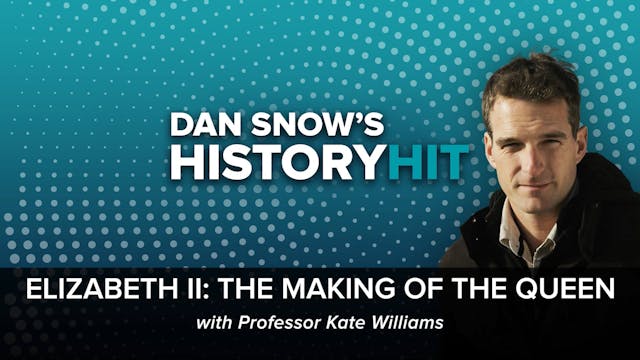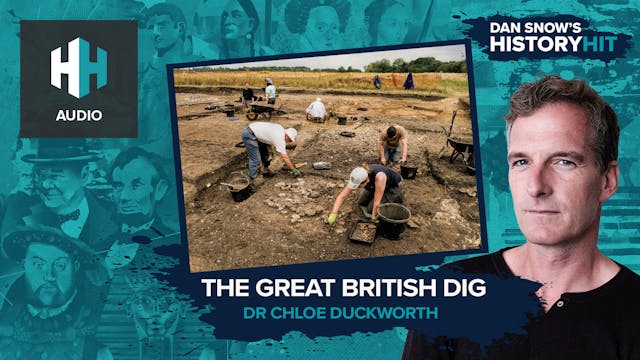Malta is located in the Mediterranean sea just beyond Sicily, between Europe and Africa; its warm climate and beautiful islands make it a perfect holiday destination. But in World War Two, the Islands’ strategic location made it centre stage in the theatre of war in the Mediterranean: a key stronghold from which the Allies could sustain their North African campaign and from which they could launch their eventual attack on mainland Italy.
Museum curator Liam Gauci and Keith Gatt from Heritage Malta take Dan through the country's rich wartime history and shed light on how the country and its people survived some of the most intense bombing of the war, as the Axis resolved to bomb or starve Malta into submission, by attacking its ports, towns, cities, and Allied shipping supplying the island.
This episode was sponsored by Visit Malta. Find out more about Malta's rich history here: https://www.visitmalta.com/en/history-of-malta-and-gozo/
This episode was produced by Mariana Des Forges, the audio editor was Dougal Patmore.
Up Next in 🎧 Dan Snow's History Hit
-
🎧 9/11: New York City in the Aftermath
Ray Victor is a lifelong New Yorker and tour guide from Queens. He remembers 11th of September 2001 vividly, when hijacked planes were flown into the World Trade Centre towers in New York City, the Pentagon in Virginia, and a site in Pennsylvania. Thousands were killed and injured. Ray remembers ...
-
🎧 Elizabeth II: The Making of the Queen
Queen Elizabeth II has died after 70 years on the British throne. Born in April 1926, Elizabeth Windsor became heir apparent, aged 10, when her uncle Edward VIII abdicated and her father George VI became king. In 1947 – She married navy lieutenant Philip Mountbatten, a Greek Prince, at London’s W...
-
🎧 The Great British Dig
We think of archaeology as an exclusionary profession, one reserved for experts in the field. But why isn't the discipline more accessible to the public? Should the past not belong to everybody, and are there some basic skills that anyone can learn to help rediscover our past? The archaeologist a...




1 Comment